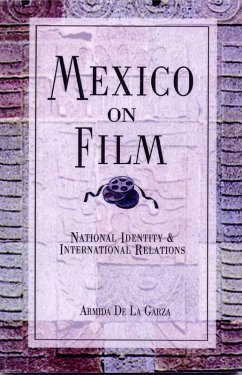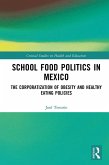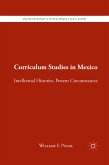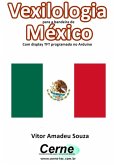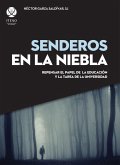Given its features as a modern mass medium and thus closely related to the nation, cinema has rightly been regarded as a privileged site for putting forward contesting representations of national identity, or in short, as a main area in which narratives of national identity are negotiated. What do films such as Amores Perros or Traffic say about Mexican identity? In what way could Bread and Roses or The Crime of Padre Amaro be part of its transformation? This book looks at representations of "e;Mexicanity"e; in Mexican cinema and also in Hollywood throughout the 20th century and beyond, arguing that the international context plays at least as important a role as ethnicity, religion and language in the construction of images of the national self, although it is seldom taken into account in theories of national identity. The Mexican film may reveal much about Mexican society, e.g., Traffic and the prevalence of drug trafficking, Bread and Roses, and the problems of migration; Amores Perros, in relation to metaphors of the nation as an extended family; The Crime of Father Amaro, in discussing the changing position of the Catholic Church; and Herod's Law, a scathing critique of the political system that dominated Mexico for the best past of the 20th century. Throughout, the book emphases the contingent nature of hegemonic representations, and our ongoing need to tell and to listen to - or indeed, view - stories that weave together a variety of strands to convincingly tell us who we are.
Dieser Download kann aus rechtlichen Gründen nur mit Rechnungsadresse in A, B, BG, CY, CZ, D, DK, EW, E, FIN, F, GR, HR, H, IRL, I, LT, L, LR, M, NL, PL, P, R, S, SLO, SK ausgeliefert werden.

